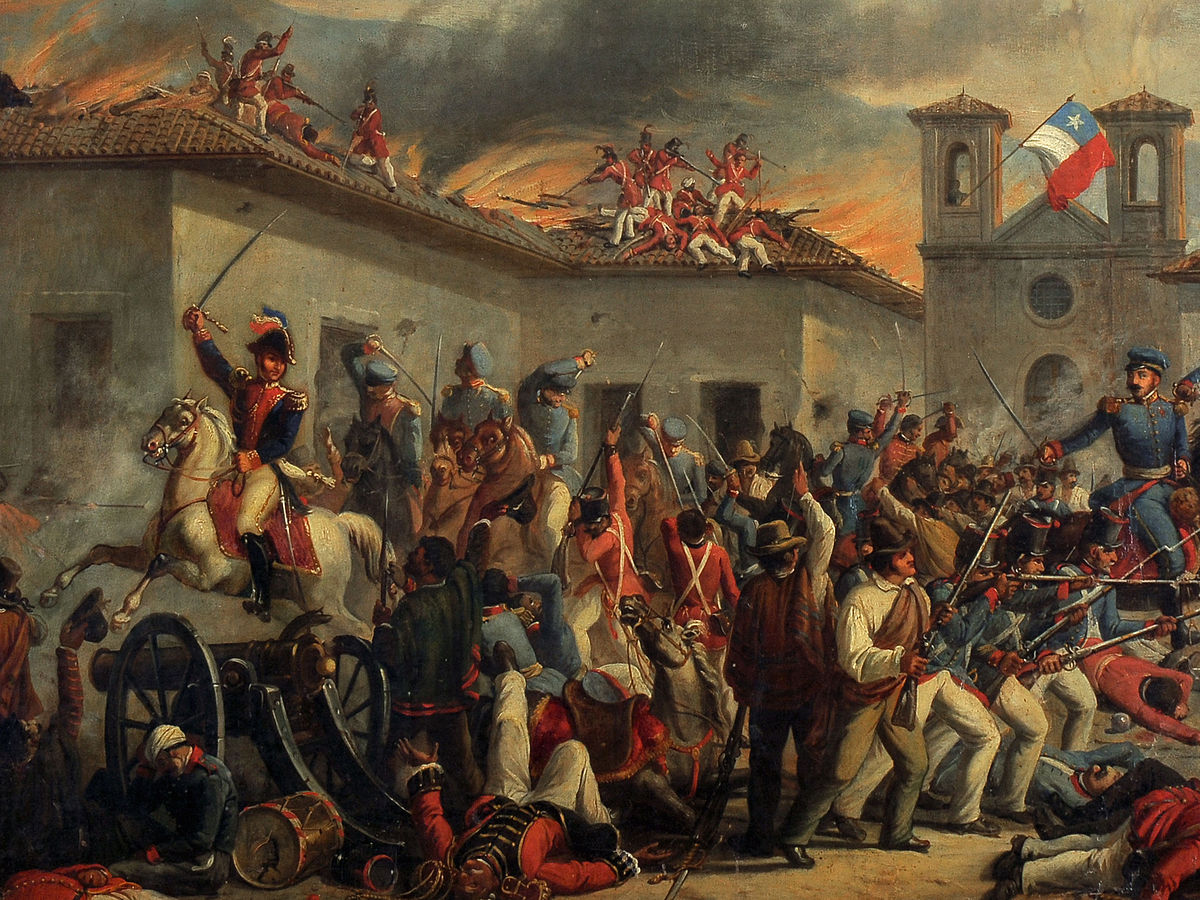
Spanish American Wars of Independence
South AmericaThe Spanish American wars of independence were numerous wars in Spanish America with the aim of political independence from Spanish rule during the early 19th century. These began shortly after the start of the French invasion of Spain during the Napoleonic Wars. Thus, the strict period of military campaigns would go from the battle of Chacaltaya (1809), in present-day Bolivia, to the battle of Tampico (1829), in Mexico.
The events in Spanish America were related to the wars of independence in the former French colony of St. Domingue, Haiti, and the transition to independence in Brazil. Brazil's independence, in particular, shared a common starting point with that of Spanish America, since both conflicts were triggered by Napoleon's invasion of the Iberian Peninsula, which forced the Portuguese royal family to flee to Brazil in 1807. The process of Latin American independence took place in the general political and intellectual climate of Popular sovereignty that emerged from the Age of Enlightenment that influenced all of the Atlantic Revolutions, including the earlier revolutions in the United States and France. A more direct cause of the Spanish American wars of independence were the unique developments occurring within the Kingdom of Spain and its monarchy triggered by the Cortes of Cadiz, concluding with the emergence of the new Spanish American republics in the post-Napoleonic world.
